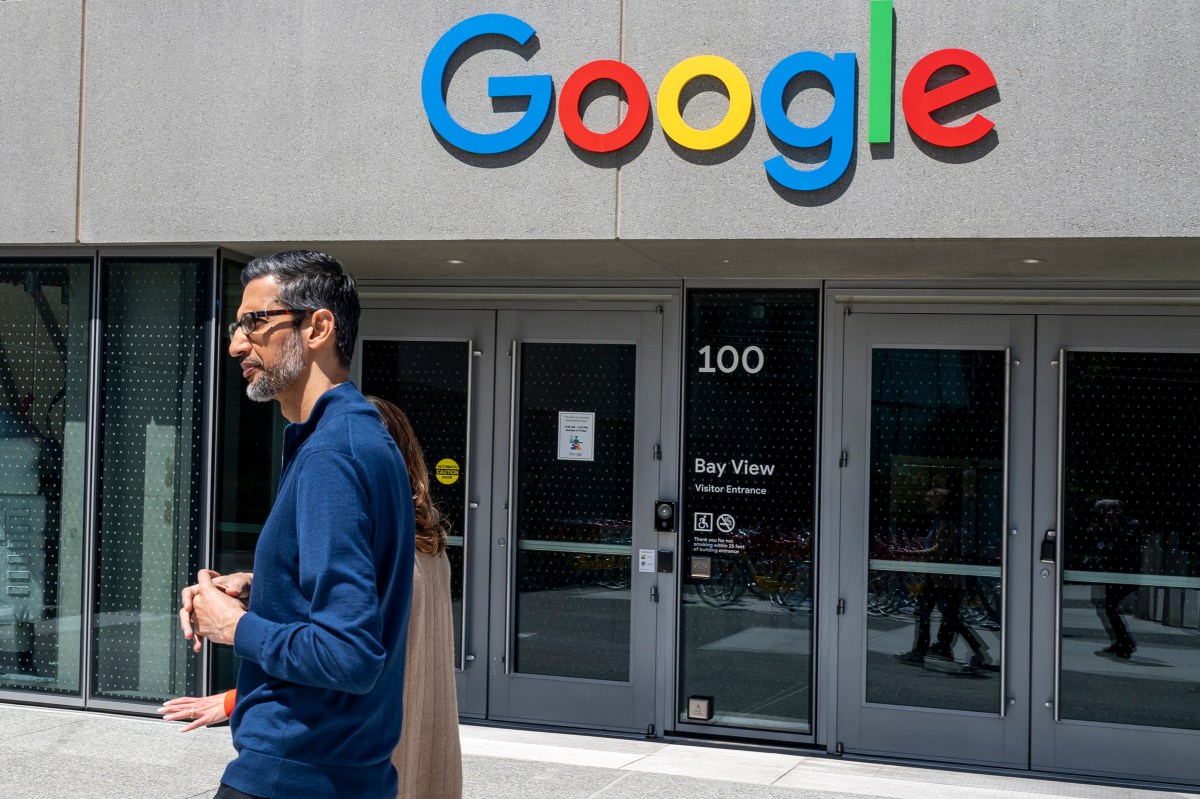In her book, “The Optimist: Sam Altman, OpenAI, and the Race to Invent the Future,” Wall Street Journal reporter Keach Hagey provides an in-depth examination of the AI-obsessed world through the lens of Sam Altman, co-founder and CEO of OpenAI.
The book commences with Altman’s childhood in the Midwest and takes readers through his professional journey at startup Loopt, accelerator Y Combinator, and ultimately, OpenAI. Additionally, Hagey sheds new light on the dramatic events surrounding Altman’s brief firing and subsequent reinstatement as OpenAI’s CEO, an incident now referred to by OpenAI employees as “the Blip.”
Looking back on the attempted ousting of Altman, Hagey notes that it exposed the instability of OpenAI’s complex structure, wherein a for-profit company is controlled by a nonprofit board. Given OpenAI’s recent decision to reverse its plans and maintain nonprofit control over its business operations, Hagey predicts that this arrangement will continue to deter investors. This could potentially hinder OpenAI’s ability to secure the funds necessary for its continued operation.
When asked if this could pose an existential threat to the company, Hagey confirms that it is a possibility. However, she also suggests that Altman might be well-equipped to address this challenge, although success is not guaranteed.
Hagey’s biography, also available as an audiobook on Spotify, delves into Altman’s political views, which she describes as “pretty traditionally progressive.” This makes his ability to form large-scale infrastructure partnerships with the backing of the Trump administration all the more intriguing.
“But this is one area where, in some ways, I feel like Sam Altman has been born for this moment, because he is a deal maker and Trump is a deal maker,” Hagey said. “Trump respects nothing so much as a big deal with a big price tag on it, and that is what Sam Altman is really great at.”
In an interview with TechCrunch, Hagey discussed Altman’s response to the book, his trustworthiness, and the AI “hype universe.”
This interview has been edited for length and clarity.
You begin the book by addressing some of the reservations Sam Altman had about the project, including the focus on individuals rather than organizations or broader movements, and the premature assessment of OpenAI’s impact. Did you share these concerns?
I don’t really share them, as this was a biography intended to examine a person, not an organization. I believe that Sam Altman’s moral choices and formation are crucial, given that the broad project of AI is inherently a moral one.
Regarding the timing, while it’s true that assessing the full impact of AI is premature, OpenAI’s story has already been extraordinary, influencing the stock market and dominating business narratives. As a business journalist, I find it relevant to explore this story, even at this early stage.
Despite initial reservations, Altman did cooperate with you. Can you elaborate on your relationship with him during the research process?
Initially, he was not pleased abou
Source Link




